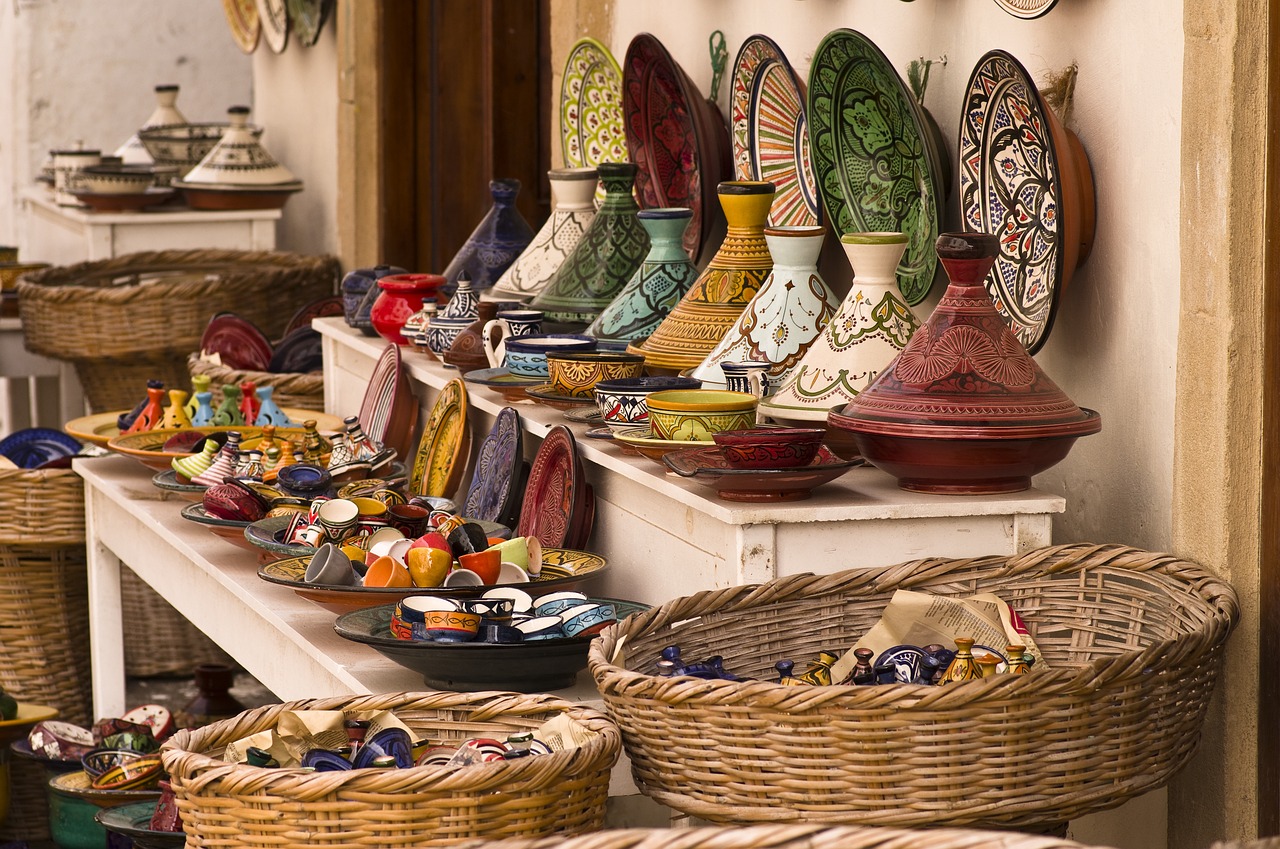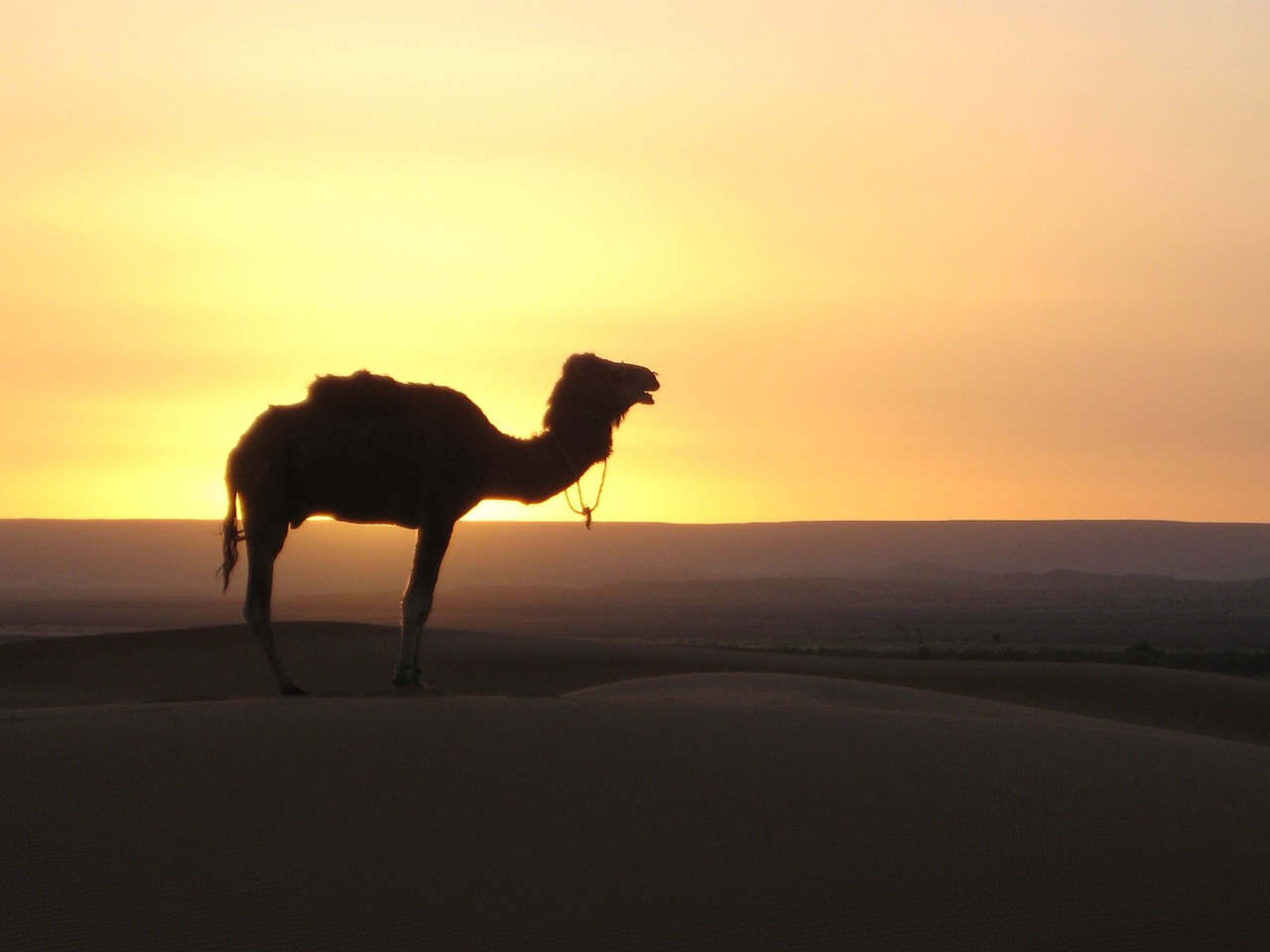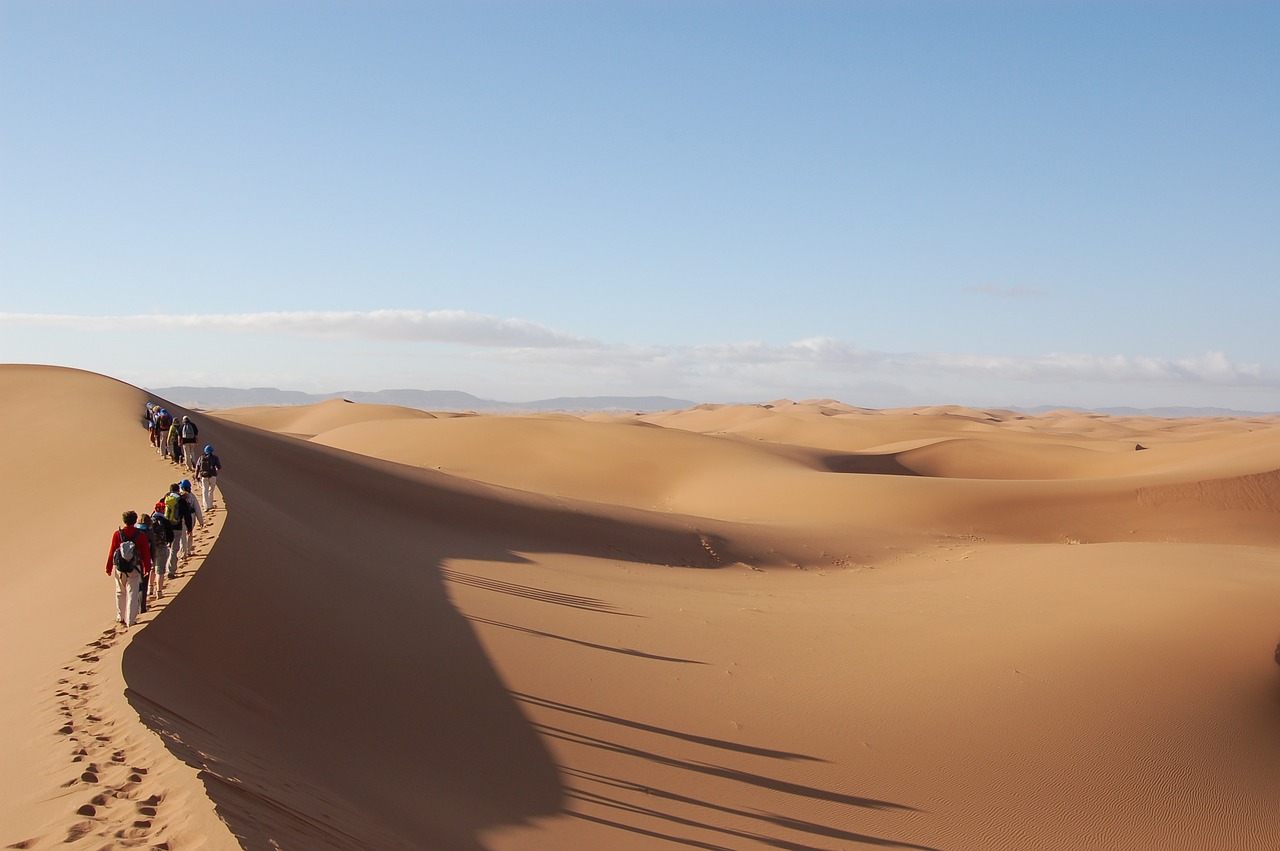Getting Around: Transportation Tips for Morocco
Morocco is a beautiful country in North Africa that offers diverse landscapes, rich culture, and vibrant cities. When visiting Morocco, it’s important to have a good understanding of the transportation options available to make your travel experience smooth and enjoyable. This article will provide detailed tips on getting around Morocco, including information about taxis, trains, buses, and car rentals.
Taxis
- Types of Taxis: In Morocco, there are two types of taxis: petit taxis and grand taxis. Petit taxis are small, usually red or blue, and can accommodate up to three passengers. They are ideal for short distances within cities. Grand taxis are larger, usually white, and can accommodate up to six passengers. They are commonly used for longer distances and shared rides.
- Fares: Taxis in Morocco operate on a metered system. Make sure the driver turns on the meter at the beginning of the ride. The fare is calculated based on the distance traveled. It’s always a good idea to ask the driver for an estimated fare before starting the journey.
- Hailing a Taxi: Taxis can be hailed on the street or found at designated taxi stands. In busy areas, you may need to wait in line to get a taxi. It’s also common to find taxis near tourist attractions, hotels, and transportation hubs.
- Language Barrier: While some taxi drivers in popular tourist areas may speak English, it’s helpful to have your destination written down or use a map app on your phone to communicate the address to the driver.
- Tipping: Tipping is not mandatory, but it’s customary to round up the fare or give a small tip as a gesture of appreciation for good service.
Trains
- Rail Network: Morocco has a well-developed rail network operated by ONCF. Trains are a convenient and comfortable mode of transportation for long-distance travel between major cities.
- Classes: Trains in Morocco offer different classes, including first class and second class. First class provides more spacious seating and air conditioning, while second class is still comfortable and offers a more affordable option.
- Ticketing: Tickets can be purchased at train stations, online, or through mobile apps. It’s recommended to book in advance, especially during peak travel seasons.
- Timeliness: Trains in Morocco are generally punctual, but delays can occur. It’s advisable to arrive at the station a little early to ensure a smooth departure.
- Popular Train Routes: Some popular train routes in Morocco include Marrakech to Casablanca, Tangier to Fes, and Rabat to Marrakech. These routes offer scenic views and are highly recommended for travelers.
Buses
- Public Buses: Public buses are a cost-effective option for traveling within cities and between different regions in Morocco. They are operated by various companies and offer regular services.
- Types of Buses: In Morocco, you’ll find different types of buses, including large coaches for long-distance travel and smaller minibusses for shorter routes.
- Ticketing: Tickets for public buses can be purchased directly from the driver or at bus stations. It’s recommended to have small denominations of cash for ticket purchases.
- Schedules: Bus schedules can vary, and it’s advisable to check the departure and arrival times in advance. Some routes may have limited service during weekends or holidays.
- Local Etiquette: When taking a bus in Morocco, it’s common to give up your seat to elderly or disabled passengers. It’s also polite to greet the driver when boarding and exiting the bus.
Car Rentals
- Renting a Car: Renting a car in Morocco is a great option for travelers who prefer flexibility and independence. It allows you to explore remote areas and scenic routes at your own pace.
- Driving License: To rent a car in Morocco, you must have a valid international driving license or a national driving license written in English or French. Make sure to carry your license and other required documents.
- Traffic Rules: Familiarize yourself with the local traffic rules and regulations. In Morocco, driving is on the right side of the road, and seat belts are mandatory for all passengers.
- Parking: Major cities in Morocco have designated parking areas, including street parking and parking lots. Always follow parking regulations to avoid fines or towing.
- GPS Navigation: Having a GPS navigation system or using a reliable map app on your phone can be extremely helpful for navigating the roads in Morocco.
Morocco Image 1:

Conclusion
Getting around Morocco is an adventure in itself, with various transportation options to suit every traveler’s needs. Whether you choose taxis, trains, buses, or car rentals, it’s important to plan your journeys in advance, consider the distances, and factor in the cultural norms of each mode of transportation. By following these transportation tips, you’ll be able to explore the beauty of Morocco and create unforgettable memories.
Morocco Image 2:

References
– ONCF (National Office of Railways): www.oncf.ma
– Moroccan National Tourism Office: www.visitmorocco.com
– Moroccan Ministry of Transport and Logistics: www.transport.gov.ma


